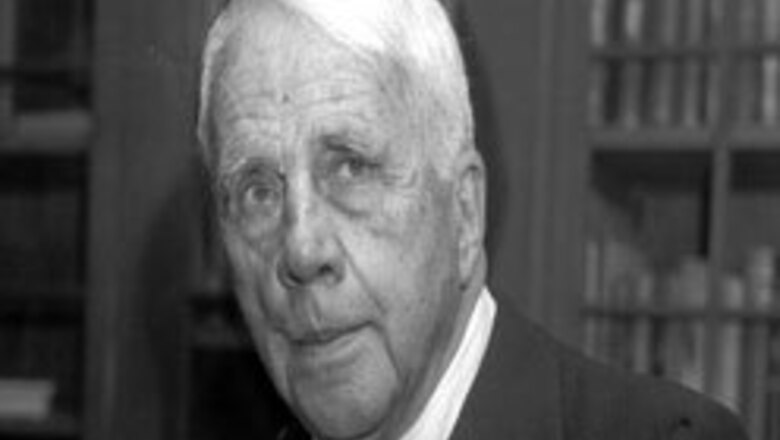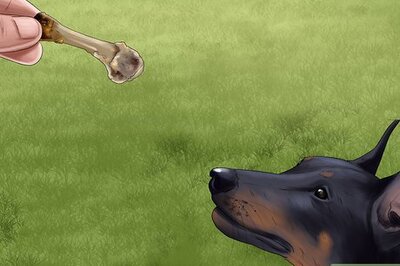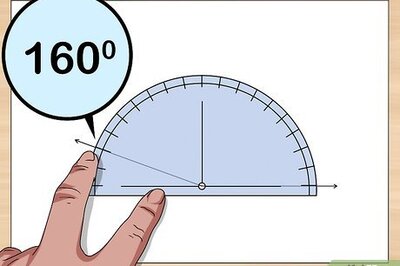
views
New York: A poem by one of America's best-loved poets, Robert Frost, has been discovered 88 years after it was handwritten in the front of a book and will be published next week.
The poem was found by a graduate student among uncatalogued books and manuscripts bought by the University of Virginia and once owned by Frost's friend, Frederic Melcher, founder of publishing industry trade journal Publishers Weekly.
The 35-line poem, called War Thoughts at Home and dated 1918, was apparently inspired by the death of a fellow poet in World War I.
Student Robert Stilling said he was alerted to the poem by a 1947 letter by Melcher in which he referred to an unpublished poem handwritten in a copy of Frost's book North of Boston.
Stilling said in a paper that when he read the letter it set off "little scholarly alarm bells" and sent him looking for the book at the Charlottesville university library. Frost died in 1963 aged 88.
It took several months to verify the handwriting and check whether the poem had been published before, said Kevin Morrissey, Managing Editor of The Virginia Quarterly Review, which has permission from Frost's estate to publish the poem.
Morrissey said the poem was very somber.
"You can tell Frost is troubled by what is going on in Europe at the time," Morrissey said.
Academics believe it was written in response to the death of Frost's friend and poet Edward Thomas, who died in the trenches in France in 1917.
Frost, who wrote such poems as The Road Not Taken and Stopping by Woods on a Snowy Evening, was in Britain at the start of the war and had befriended Thomas.
The poem focuses on a woman in a snow-bound house thinking of soldiers in France and watching some blue jays fighting outside. Here are two stanzas from the poem:
And one says to the rest
"We must just watch our chance
And escape one by one-
Though the fight is no more done
Than the war is in France."
Than the war is in France!
She thinks of a winter camp
Where soldiers for France are made.
She draws down the window shade
And it glows with an early lamp.




















Comments
0 comment